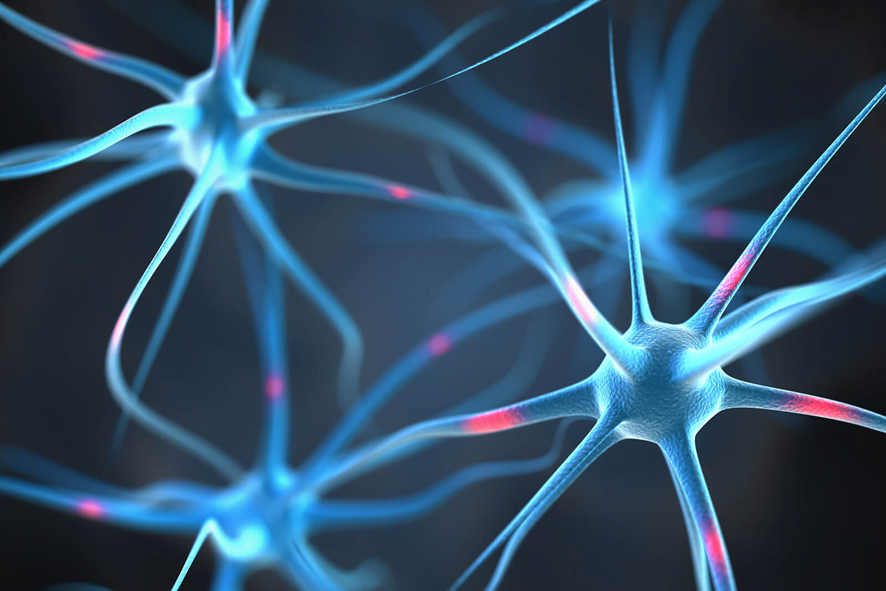Understanding the Difference Between Opioids and Opiates

Understanding the terms “opiate” and “opioid” is essential as they are often interchangeably used.
Though they share similarities, their origins set them apart. Specifically, opioids encompass a broader category that includes synthetic or semi-synthetic drugs created in laboratories. Some examples include fentanyl, methadone, Oxycontin, Tramadol, and Vicodin.
In contrast, opiates strictly refer to substances naturally extracted from the opium poppy. Both opiates and opioids are known for their analgesic effects. Some examples are morphine, codeine, opium, and heroin.
However, their impact on the mu-opioid receptors in the brain and central nervous system makes them highly susceptible to abuse and dependency, which poses a significant challenge to public health. Ibogaine treatment for opioid addiction is emerging as a promising alternative solution in combating this epidemic.
A Closer Look at Opioid Addiction and Its Mechanism

To effectively grasp the nature of opiate and opioid addiction, it is imperative to understand how these drugs interact with the brain.
When an opiate or opioid enters the brain, it binds to mu-opioid receptors, which are abundantly found in the brain’s reward system. This binding triggers a surge in the release of dopamine, a neurotransmitter associated with pleasure and reward. This flood of dopamine can lead to an euphoric high, and is what makes users want to repeat the experience, leading to addiction further down the road.
Consequently, the brain becomes wired to seek the substance that caused these pleasurable sensations. This marks the onset of addiction, as the brain’s chemistry alters and impairs the individual’s ability to make sound judgments, even in the face of adverse consequences. An ibogaine treatment for opioid addiction offers a different approach by targeting these receptors and helping to reset the brain’s chemistry.
Recognizing Opiate Addiction: Telltale Signs and Symptoms

Identifying an opiate addiction early can be a critical step towards recovery. While it might be challenging to discern the problem initially, there are signs and behavioral changes to look out for.
These include social isolation, dissociating from old friends, disinterest in previous hobbies, neglecting personal hygiene, mood swings, changes in appetite, altered sleep patterns, missing important events, facing issues at work or school, and strained personal or family relationships.
Being vigilant about these signs can pave the way for timely intervention and support. Ibogaine treatment for opioid addiction could be explored as an option to address these issues in the early stages.
Ibogaine: A Beacon of Hope in Opiate Addiction Treatment

Ibogaine, a naturally-occurring alkaloid derived from the root bark of the African shrub Tabernanthe Iboga, presents a breakthrough in the battle against opioid dependence. Traditionally used by the Bwiti tribes of Gabon for ceremonial and spiritual purposes, it stands out for its dual action in tackling both the physical and psychological dimensions of addiction – an area where conventional treatments often fall short.
Where ibogaine treatment for opioid addiction really stands out is in its substantial reduction in withdrawal symptoms and subsequent drug cravings following treatment, often for months after.
The Science Behind Ibogaine: Transforming Opioid Addiction Treatment
Ibogaine’s remarkable abilities are attributed to its interaction with neurotransmitters that render opioids pleasurable. By moderating the activity of these receptors, it diminishes cravings and provides relief during the detoxification phase, especially when withdrawal symptoms become severe.
Moreover, studies show that ibogaine’s action on brain chemistry is more direct compared to conventional medications that merely block receptor sites.
Ibogaine’s effectiveness stems from three pivotal aspects. First, it alleviates the cravings and withdrawal symptoms, creating a smoother transition away from drug use.
Secondly, it resets the reward systems in the brain—specifically targeting neurotransmitters like dopamine and serotonin—and resets them to their baseline, pre-addiction levels. This unique aspect mitigates the deep feeling of depression that follows most traditional, “cold-turkey” or total abstinence programs in conventional therapy.
Thirdly, and perhaps most importantly, it delves into the root causes of addiction. Ibogaine works with the subconscious, facilitating the recall of pivotal or traumatic/repressed memories from one’s own life, often in the form of visions. It is this introspection and understanding of the factors that contributed to the development of addictive behaviors that gives individuals insight on what changes they need to make, or emotional traumas they should work on. This combination supports a more holistic recovery, setting the stage for sustained sobriety and reduced risk of relapse.
Consequently, ibogaine treatment for opioid addiction is a highly sought-after alternative for individuals in search of deeper, more holistic and comprehensive solutions to their addiction challenges.
Embrace the Change: Consider Ibogaine Treatment for Opiate Addiction
If you or a loved one is battling opioid addiction and seeking an effective, holistic path to recovery, ibogaine treatment for opioid addiction could be the game-changer.
Here at Ibogaine Treatment UK (Iboga Root Sanctuary), located in rural Portugal, we have a fully ACLS-trained medical team which supervises every client’s ibogaine treatment from start to finish. Our commitment to safety is something we don’t compromise on, especially because we know the risks of medically unsupervised treatments.
Ibogaine, though not a magic cure, holds the potential to not only mitigate the physical grip of addiction but also to illuminate and address the underlying psychological aspects.
Once clients step back into their lives, they can integrate some of our holistic practices, and with continued self-care and a good support system, have a better hope of a sustained recovery.
Through ibogaine therapy, individuals are empowered to transform struggle into triumph, embracing a renewed journey towards a life unshackled from the chains of opioid addiction.
